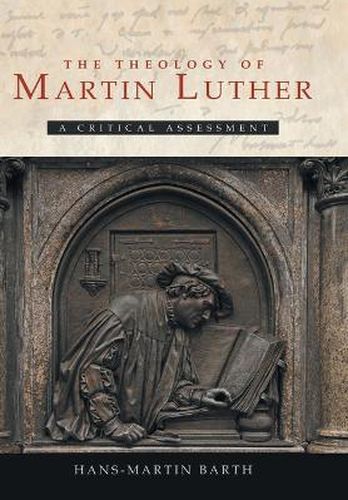Readings Newsletter
Become a Readings Member to make your shopping experience even easier.
Sign in or sign up for free!
You’re not far away from qualifying for FREE standard shipping within Australia
You’ve qualified for FREE standard shipping within Australia
The cart is loading…






Does Martin Luther have anything to say to us today? Nearly five hundred years after the beginning of the Reformation, Hans-Martin Barth explores that question in this comprehensive and critical evaluation of Luthers theology. Rich in its extent and in its many facets, Barths didactically well-planned work begins with clarifications about obsolete and outdated images of Luther that could obstruct access to the Reformer.
The second part covers the whole of Martin Luther’s theology. Having divided Luther’s theology into twelve subsections, Barth ends each one of these with an honest and frank assessment of what today can be salvaged and what’s got to go. In the final section he gives his summation: an honestly critical appropriation of Luthers theology can still be existentially inspiring and globally relevant for the twenty-first century.
$9.00 standard shipping within Australia
FREE standard shipping within Australia for orders over $100.00
Express & International shipping calculated at checkout
Does Martin Luther have anything to say to us today? Nearly five hundred years after the beginning of the Reformation, Hans-Martin Barth explores that question in this comprehensive and critical evaluation of Luthers theology. Rich in its extent and in its many facets, Barths didactically well-planned work begins with clarifications about obsolete and outdated images of Luther that could obstruct access to the Reformer.
The second part covers the whole of Martin Luther’s theology. Having divided Luther’s theology into twelve subsections, Barth ends each one of these with an honest and frank assessment of what today can be salvaged and what’s got to go. In the final section he gives his summation: an honestly critical appropriation of Luthers theology can still be existentially inspiring and globally relevant for the twenty-first century.